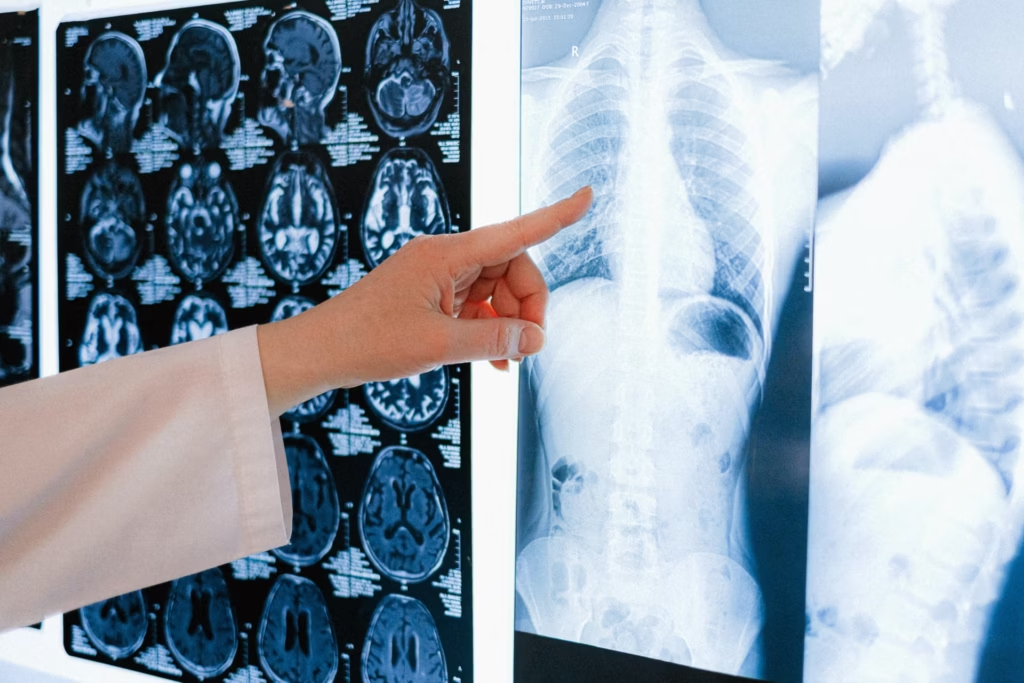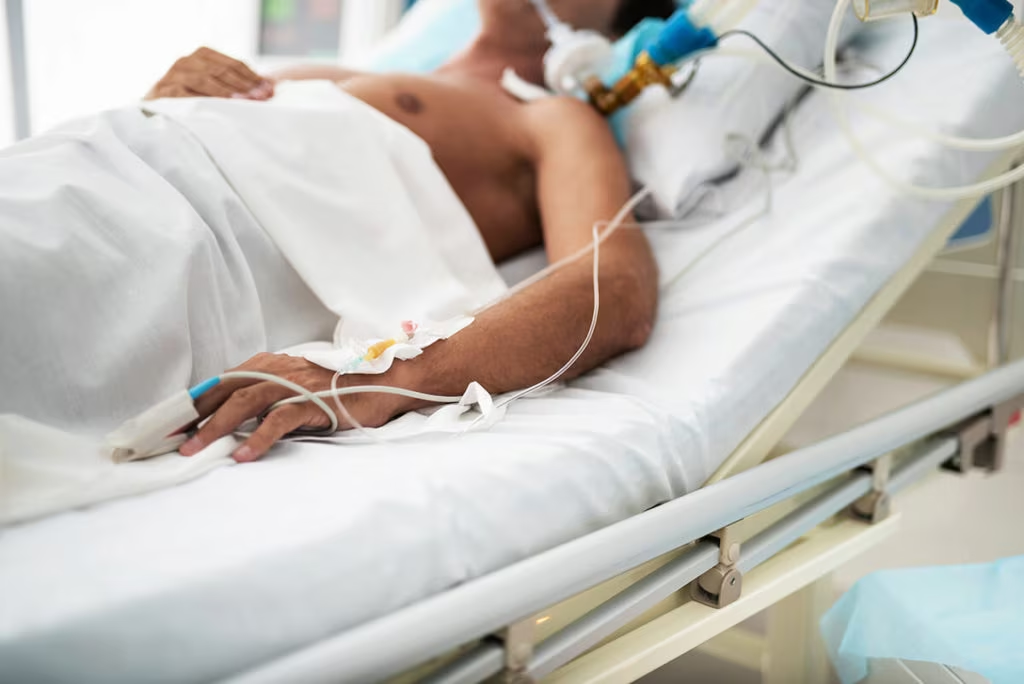Respiratory Intensive Care
An Introduction to Respiratory Intensive Care
Respiratory intensive care has been at the forefront of the COVID-19 pandemic, bringing with it many challenges. Intensive care has seen numerous important advances over recent years, including technological developments and improved monitoring systems and improvements in pharmacotherapies.
Expert video highlights and insights from the conference hub and comprehensive peer-reviewed articles from our journal portfolio provide updates on the ever changing landscape. To learn more about how the latest developments impact on patient outcomes view our expert-led learning activities

Physician burnout is at a critical point. In this episode, Nicky speaks with Dr Alfred Atanda about why so many physicians are burning out and what can be done to change the trend. From personal experience to system-wide solutions, Dr Atanda shares valuable insights on improving physician well-being and building a more effective healthcare culture.

In this episode, we explore the future of continuing medical education (CME) with the team behind touchIME. Hannah Fisher and Matthew Goodwin share insights into global and US trends, the importance of patient inclusivity and how educational outcomes are evolving to better measure the direct impact of learning on clinical practice and patient care.

Improving Access and Outcomes in Pulmonary and Critical Care: A Q&A with Future Leader, Dr Amy Wolfe
As part of our Future Leaders series, we spoke with Dr Amy Wolfe, Director of the LSUHSC-Wetmore TB Clinic and Assistant Professor of Medicine at LSUHSC in New Orleans. A specialist in pulmonary and critical care medicine, Dr Wolfe shares how her early experiences in post-Katrina New Orleans inspired her focus on health equity. She discusses the challenges of treating TB in underserved communities, the importance of wraparound care, and promising innovations in pulmonology—from AI-based diagnostics to expanded access to pulmonary rehabilitation and lung cancer screening.

As part of our Future Leaders series, Dr Debasree Banerjee, Assistant Professor at Brown University, shares her journey in pulmonary and critical care medicine (PCCM), highlighting its dynamic, collaborative nature. Passionate about equity, her research addresses how race and racism impact care. Dr Banerjee emphasizes perseverance, multidisciplinary collaboration, and inspiring future physicians through advocacy and meaningful patient connections.

In this interview, Professor Juzar Ali, MD, FRCP(C), FCCP, a leading expert in respiratory medicine and LSU Alumni Klein Professor Emeritus of Medicine at Louisiana State University (LSU) Health Sciences Center in New Orleans, LA, USA, reflects on his distinguished career specializing in tuberculosis (TB), non-tuberculous mycobacterial disease (NTM) and bronchiectasis.

We are excited to welcome you to San Francisco for the ATS 2025 International Conference! Leaders, as well as emerging scientists and clinicians, who are at the forefront of medical breakthroughs and clinical innovation in pulmonary, critical care and sleep medicine will gather for networking and inspiring talks.

Three experts discuss the management of complications of sickle cell disease, as well as recent advances in therapy.

Subcutaneous emphysema (SE) is relatively common in the intensive care unit (ICU) and often a complication of positive pressure ventilation.1,2 While typically self-limiting and benign, life-threatening sequela can develop. Progressive accumulation of subcutaneous air can result in significant compressive forces ...

Benjamin Seeliger, Hannover, Germany, spoke to us at ERS 2019 in Madrid about the EOLIA trial and ECMO in veno-venous extracorporeal membrane oxygenation therapy. Questions 1. What is known about the effectiveness of extracorporeal membrane oxygenation (ECMO) in respiratory failure? (0:05) 2. What are ...

Life-threatening pulmonary illness is one of the most important reasons for admission to an intensive care unit (ICU). Such illnesses frequently require the use of tracheal intubation, deep sedation and mechanical ventilation. Although mechanical ventilation may keep a patient alive (...

Mark L Metersky (University of Connecticut School of Medicine, Farmington, CT, US) discusses current recommendations and guidelines with respect to the use of empiric antibiotic therapy in patients with ventilator-associated pneumonia. Questions 1. What are the major challenges of empiric antibiotic ...

Editorial board member Andrea Aliverti (Politecnico di Milano [Polimi], Milan, Italy) discusses the potential that new technologies could have to improve patient compliance in respiratory medicine. Questions 1. How important an issue is patient compliance in respiratory medicine and how can ...
Latest articles videos and clinical updates - straight to your inbox
Log into your Touch Account
Earn and track your CME credits on the go, save articles for later, and follow the latest congress coverage.
Register now for FREE Access
Register for free to hear about the latest expert-led education, peer-reviewed articles, conference highlights, and innovative CME activities.
Sign up with an Email
Or use a Social Account.
This Functionality is for
Members Only
Explore the latest in medical education and stay current in your field. Create a free account to track your learning.






